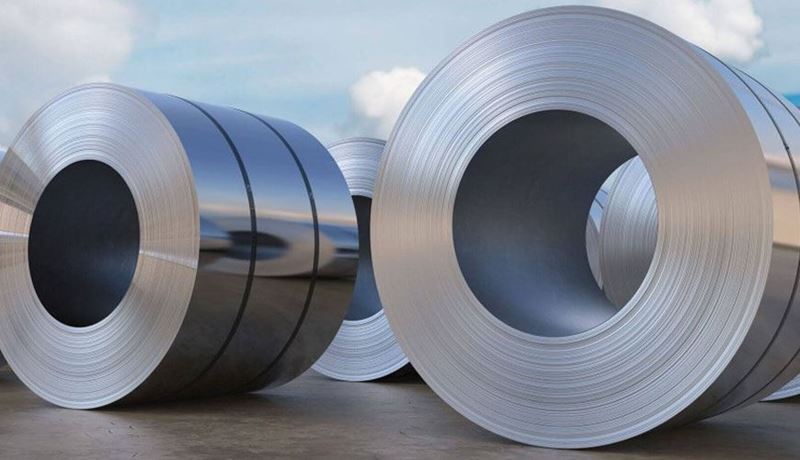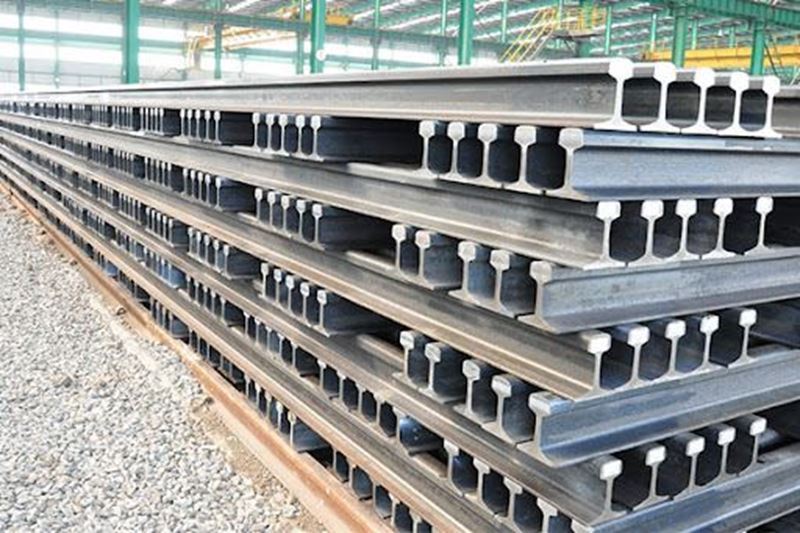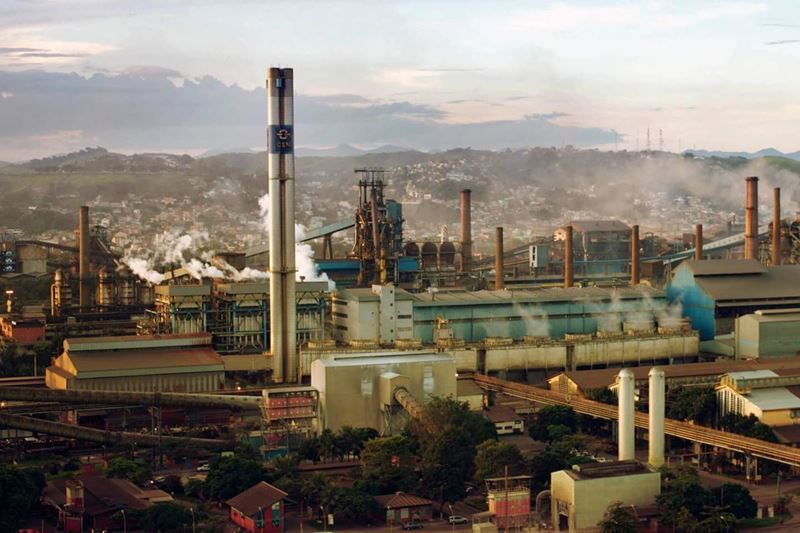The investigation concluded that there is a likelihood of the continuation or recurrence of dumping practices and the resulting harm to the Union industry. Accordingly, it was decided to continue applying the existing anti-dumping duties on the products in question.
The measures, first introduced by the EU Council in 2013, were also upheld during the previous review process in 2019. This investigation, which was reopened following an application by the European Steel Association (EUROFER) in 2025, revealed that Chinese-origin products continue to pose a threat to domestic producers in the EU market.
The current anti-dumping duties range from 0% to 26.1%, while the total tax burden, including the parallel countervailing duties, can reach levels between 13.7% and 58.3%.
The investigation covered the period from January 1, 2023, to December 31, 2023, while the assessment of the damage included trends since 2020. The Commission conducted on-site inspections at leading European producers such as ArcelorMittal in Belgium, ThyssenKrupp in Germany, and Tata Steel Maubeuge in France as part of the investigation.
The products under review include flat-rolled steel products, other than stainless steel, that are unalloyed or alloyed, with at least one surface coated with paint, varnish, or plastic. Sandwich panels (double metal sheets with insulation filling), products coated with zinc-rich paint (containing 70% or more zinc by weight), and certain special products with a chromium or tin-coated base layer were excluded from the scope.
These products are: 7210 70 80 91, 7212 40 80 01, 7212 40 80 21, 7212 40 80 82, 7225 99 00 11, 7225 99 00 91, 7226 99 70 11, 7226 99 70 91 under the CN codes.
The European Commission requested information from the Chinese government to clarify distortions in the domestic market. However, the Chinese side did not respond. Therefore, the Commission completed the investigation based on the available data and used market data from Mexico as a reference to make a fair comparison of production costs in China. The “undistorted” market prices of basic production inputs such as galvanized steel coils, polyester and polyurethane-based paints, energy, and labor were taken as the basis.
The Commission concluded that the EU steel industry could suffer serious damage if dumping practices continued. No party objected to the final statement, and no request for a hearing was made. The Commission found that continuing the current anti-dumping measures was in line with the economic interests of the Union.










Comments
No comment yet.